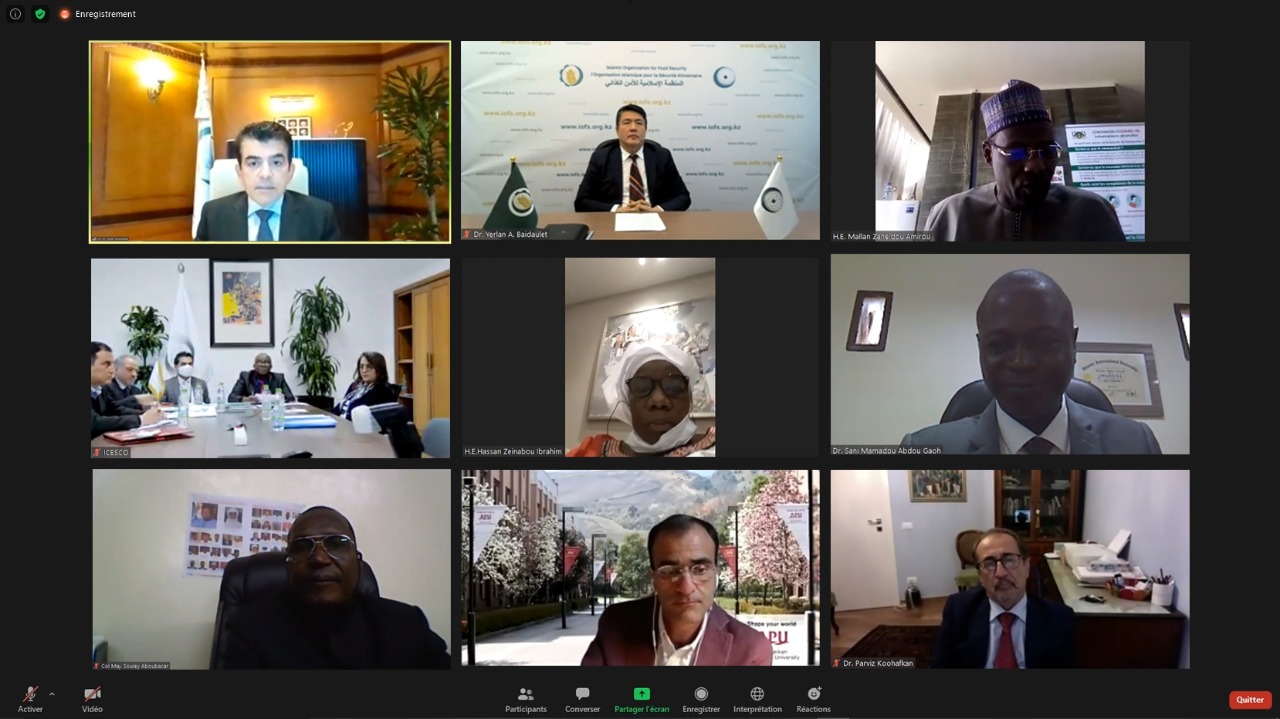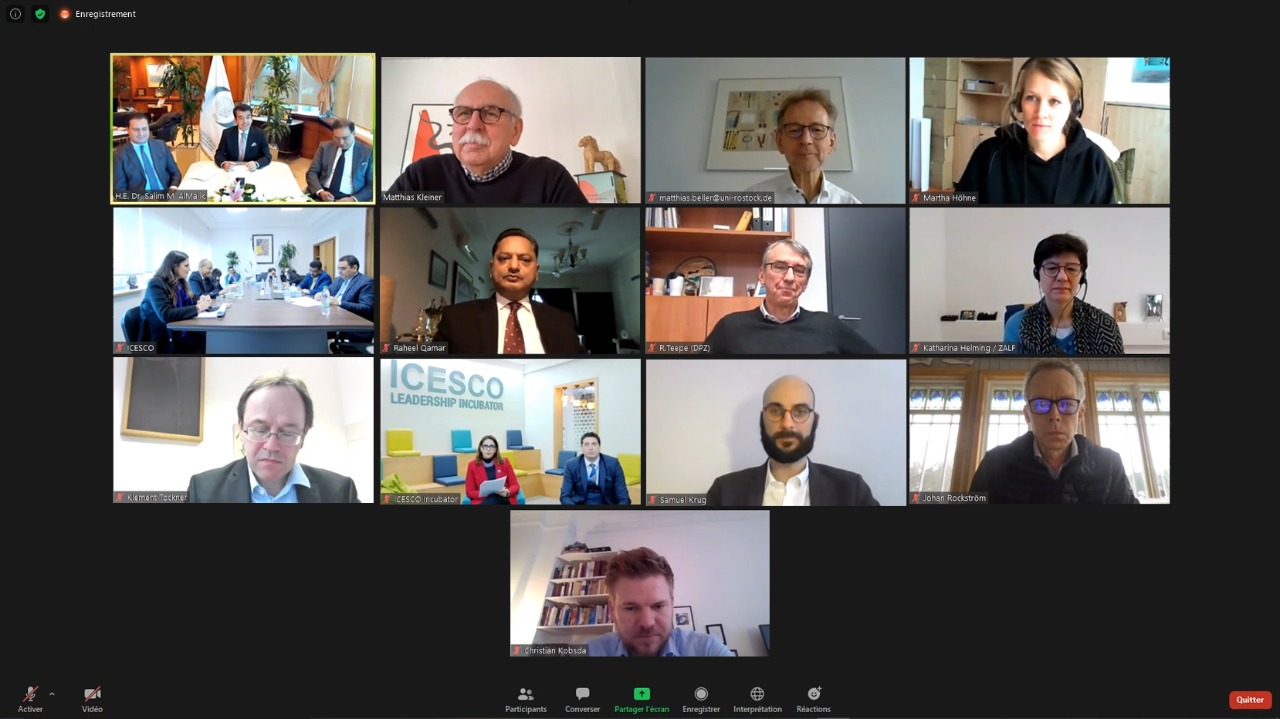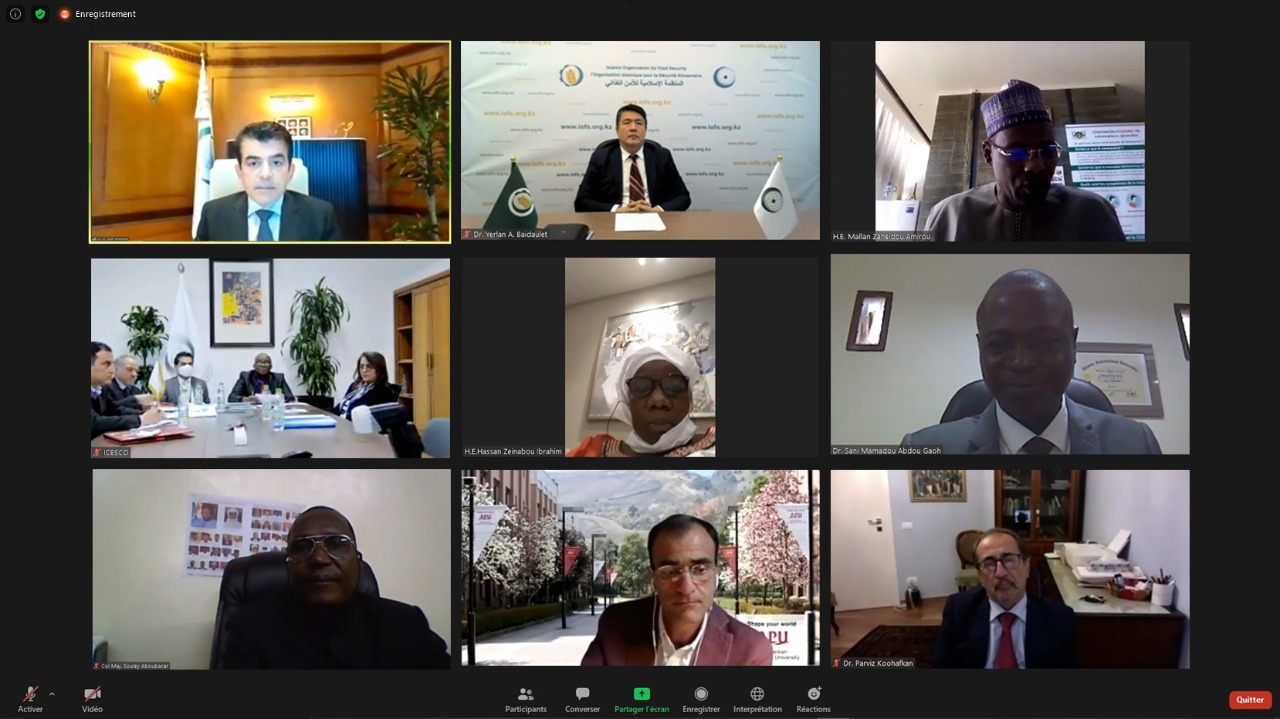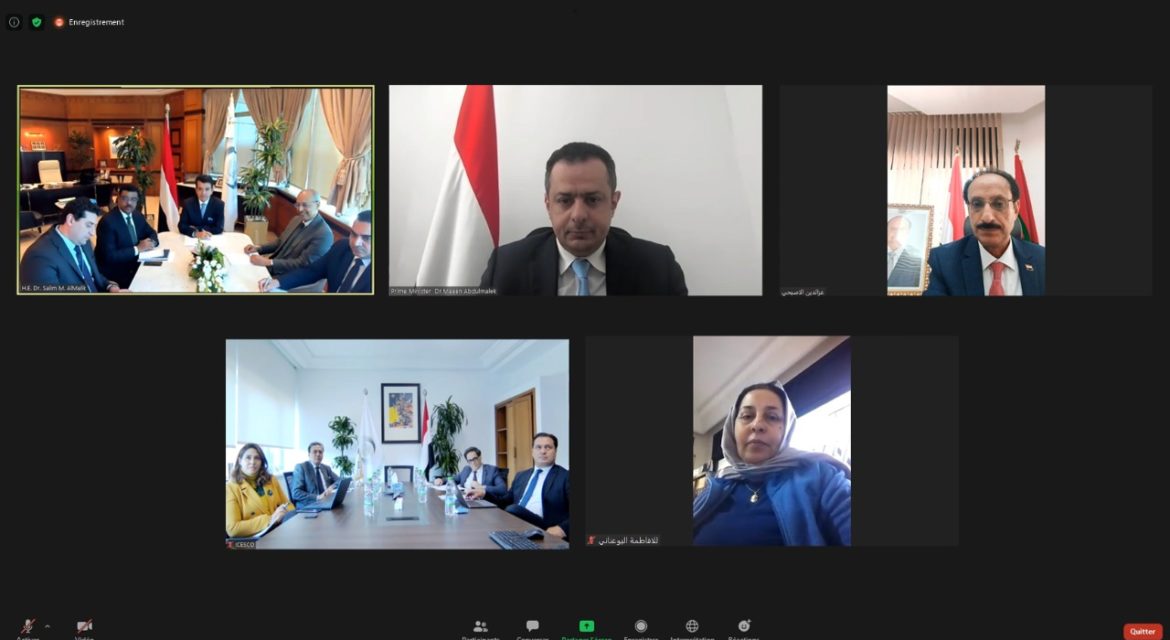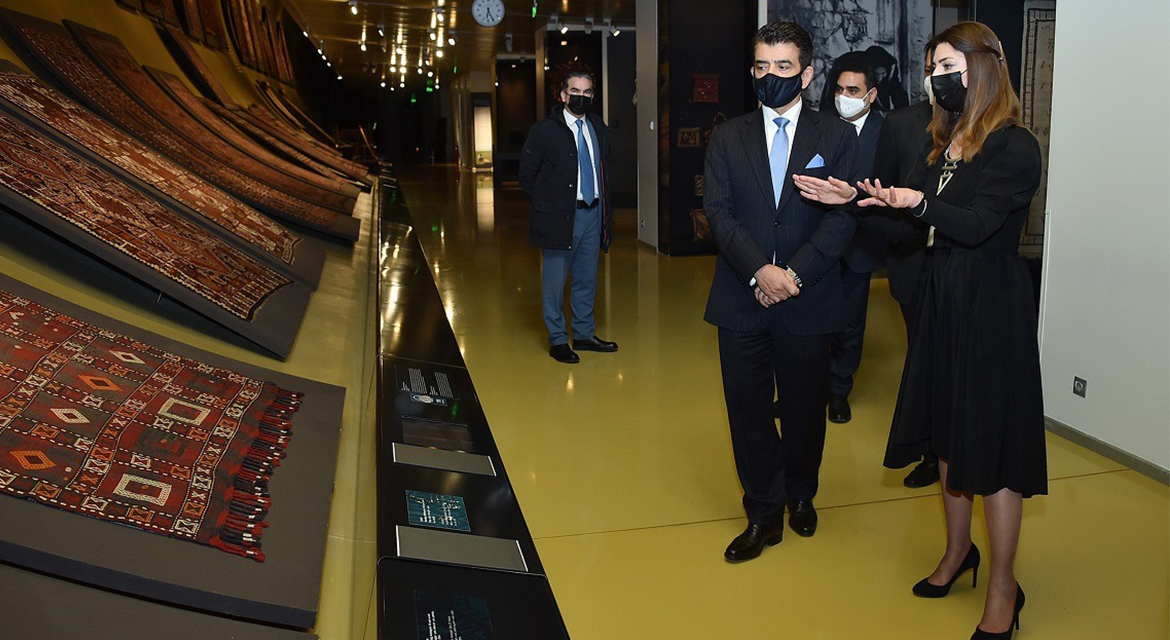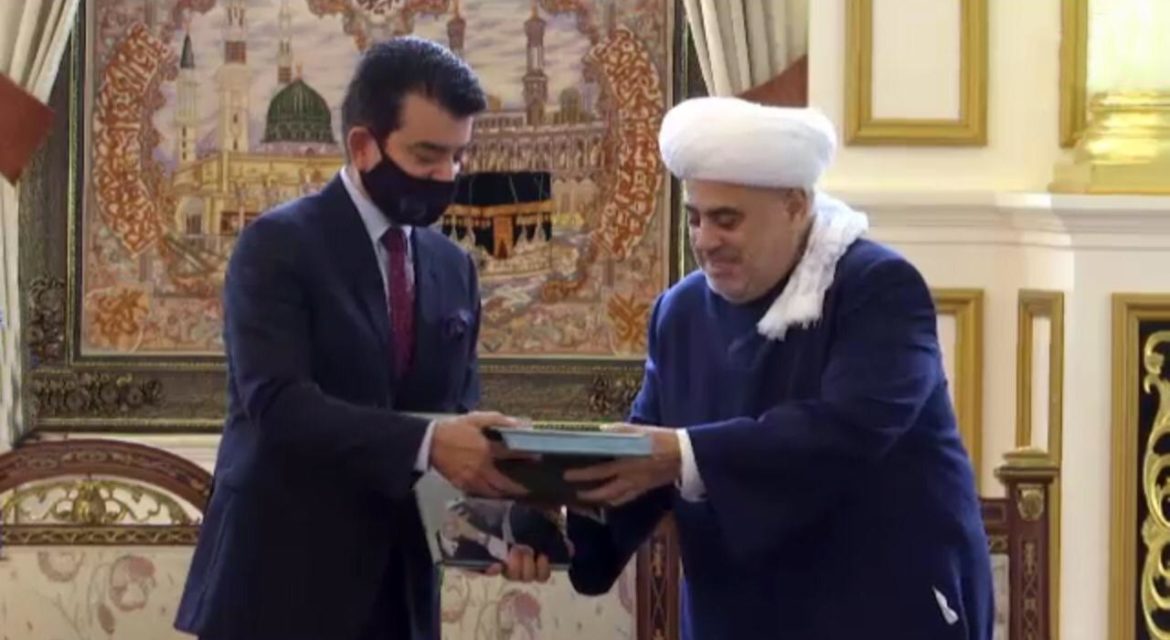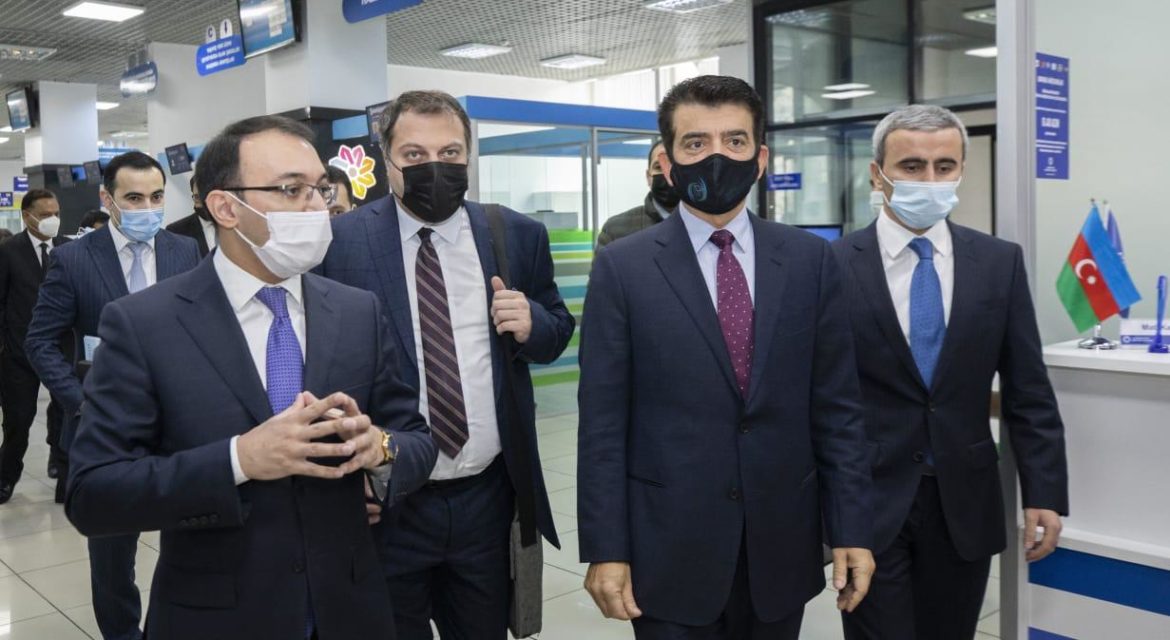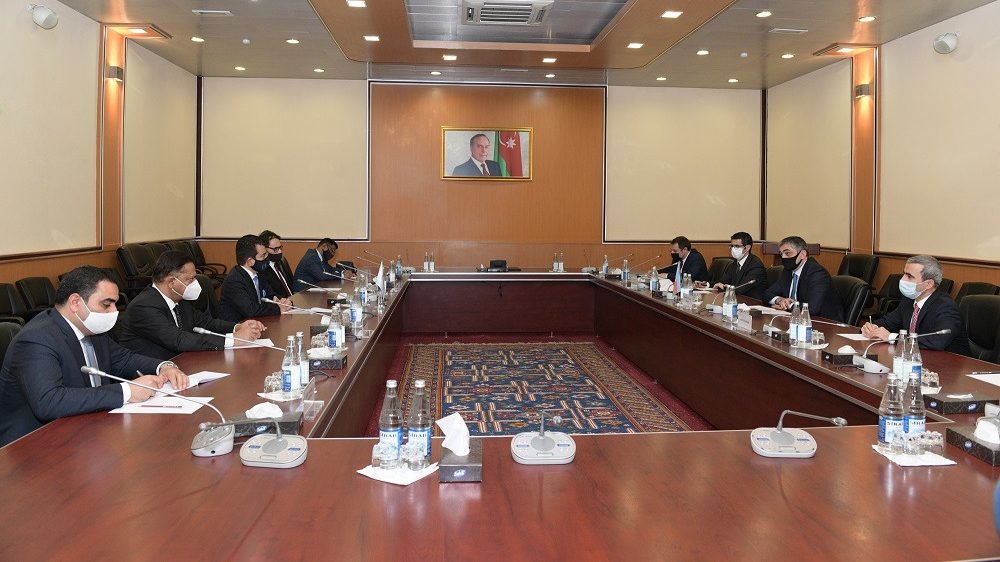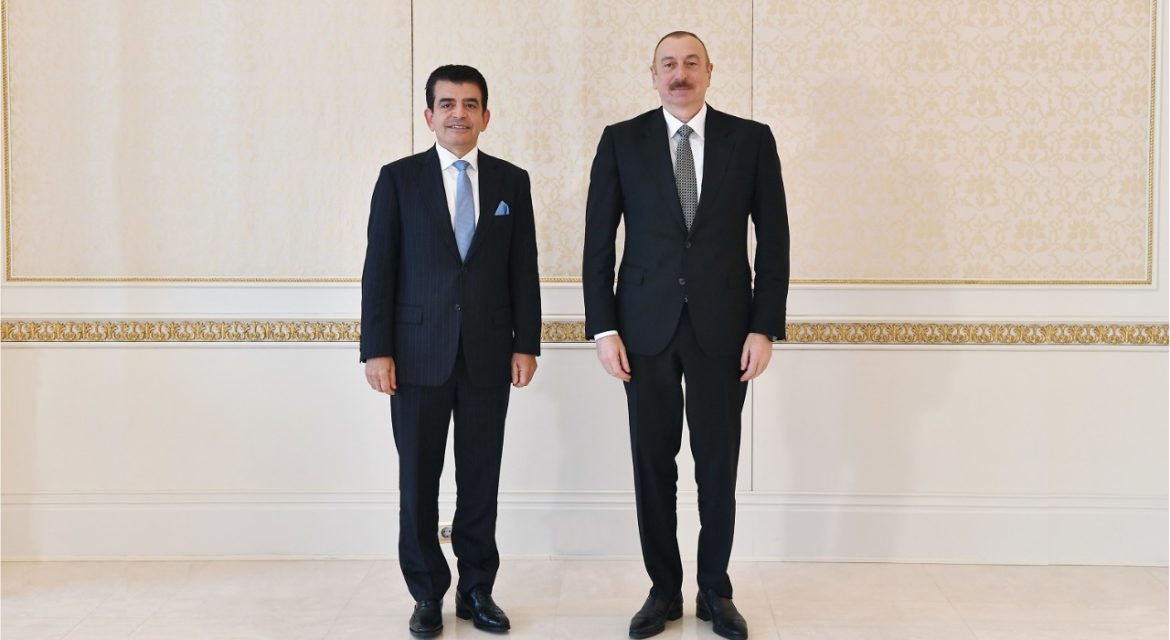The International Conference on Smart Technologies and Resilience for Sustainable Agriculture in Africa that the Islamic World Educational, Scientific, and Cultural Organization (ICESCO) stressed to the participants the need to use smart and innovative applications to address land degradation in Africa. It is also necessary to promote agricultural tourism and rural entrepreneurship in rural areas and build the capacities of local communities. The participants also called for the preservation of biological and botanical diversity and a boost in the regional and international cooperation to promote the agricultural sector and draw on satellite data and Earth observation in the agricultural field. The event was in collaboration with the Government of Niger.
The organizers held the videoconference on Wednesday, January 20, 2021, in partnership with the German Corporation for International Cooperation (GIZ), the Islamic Organization for Food Security (IOFS), the World Agricultural Heritage Foundation, the International Centre for Asia and Pacific Studies, the Regional Remote-Sensing Centre for the North African States, and the African Regional Centre for Space Science and Technology. The participants explored the best ways to implement the joint project of ICESCO and the Government of Germany to address land degradation.
The conference kicked off with an opening address from Dr. Salim M. AlMalik, ICESCO Director-General (DG), wherein he reaffirmed that Africa needs to shift to innovative and smart technologies to preserve ecosystems and biodiversity and meet its populations’ needs in terms of agricultural products and food security.
“The continuing desertification and degradation, which threaten 46% of the African territory, will result in a 20% reduction of agricultural production in Africa. This threatens the social and food security of nearly 70% of the population,” the DG warned.
Mr. Mallam Zaneidou Amirou, Minister of Environment of Niger, then stated that smart technologies play an important role in developing agriculture and promoting the resilience of ecosystems. He added that Niger made many efforts in the fields of environment and food security to address climate change challenges.
Ms. Hassana Zeinabou Ibrahim, Minister for Decentralization of Niger, commended the cooperation of her Government with ICESCO in the implementation of the land degradation project through the development of smart and innovative technologies.
Mr. Yerlan Bidolit, IOFS DG, stressed that smart agriculture is one of the pillars of food security. “Innovative technologies have allowed the development of the agricultural field to achieve the Sustainable Development Goals 2030,” he added.
Mr. Sani Mamadou Abdou Gaoh, GIZ representative in Niger, gave a detailed presentation on the partnership efforts between GIZ and Niger to reduce the degradation of natural resources. Dr. Muhammad Sharrif, Advisor at Science and Technology Sector of ICESCO, gave an overview of the themes of the conference.
Dr. Aicha Bamoun, Program Director at ICESCO, moderated the first working session, which tackled the role of innovative and smart technologies in strengthening the resilience of ecosystems. Dr. Abdelmajid Tribaq, Expert at Science and Technology Sector of ICESCO, moderated the second session, which touched upon innovative, smart, and relevant technologies for strengthening the resilience of communities and ecosystems.
The third session explored the development of value chains and the challenges and opportunities for rural entrepreneurship in the post-COVID-19 period. Dr. Ismaila Dialo, Expert at Science and Technology Sector of ICESCO, moderated the session.

